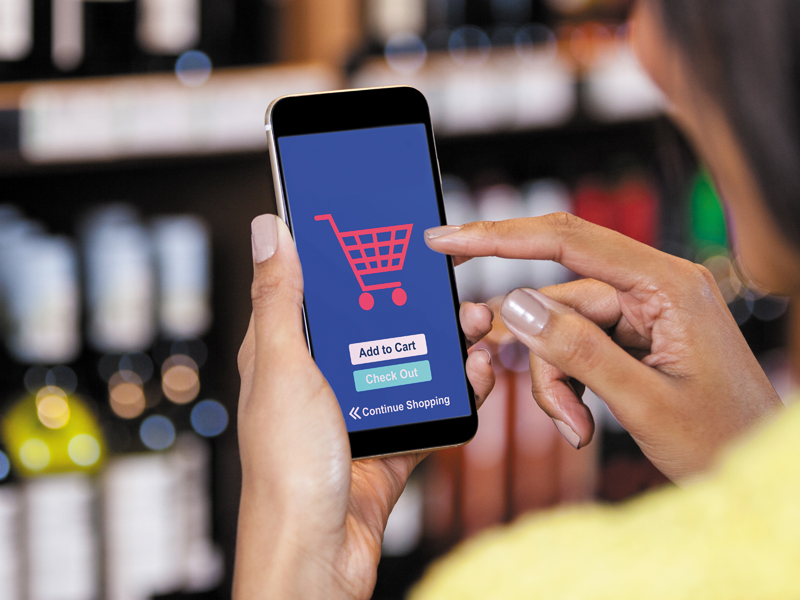
Smartphones boost consumer interest in wine while ‘knowledge’ slides
The world’s wine drinkers are quickly becoming a population of confident connoisseurs thanks to widespread access to the internet and the ubiquity of smartphones. But are they any more knowledgeable offline?
New research from Wine Intelligence suggests no.
The research firm has been delving into the impact of smart tech availability on consumer confidence levels and wine buying behaviour.
On the one hand, having encyclopaedic information available at the press of a touchscreen seems to have piqued consumer interest in wine and has led consumers to invest more time and energy in the category.
They ‘care’ more about wine and are feeling emboldened to explore, becoming increasingly adventurous in their choices.
However, at the same time, wine knowledge has decreased, “most likely due to the diminished need to retain facts and the increased accessibility of immediate, at-hand information”.
“Until relatively recently wine used to be seen by many people as complex and intimidating,” Lulie Halstead, CEO of Wine Intelligence, said. “Thanks in part to the information revolution, consumer confidence in wine is on an upward trajectory, which will hearten all those producers and brand owners who can offer high quality products alongside compelling brand stories.
“The corollary to this seems to be that we no longer need to carry round lots of knowledge in our heads – we can be more adventurous without as much prior research. This will bring challenges to more long-established wine producers and production areas, which will have to fight harder to retain their historic dominance of the category.”
The findings, from Wine Intelligence’s Global Trends in Wine 2020, also show how the de-mystification of wine from smart tech varies around the world.
Of the key markets, Australia and Japan have seen the highest growth in involvement in the wine category over the last five years, with special mention going to “Australia’s highly involved wine population”.
Consumers in China and the US meanwhile experienced a sharp decline in their wine knowledge between 2015 and 2019.
One of the consistent findings across markets was the difference between male and female drinkers.
Female wine drinkers were found to have generally higher levels of wine knowledge compared to men, but they are often less involved or confident in the category.
This was highlighted in the UK, where 40% of male wine drinkers were highly involved in the category, compared with only 28% of female drinkers; yet the knowledge index scores for UK female wine drinkers were higher (42.8) than their male counterparts (40.3).
The research also looked at how heightened access to information has impacted wine knowledge among drinkers of premium and non-premium wine.
Premium wine drinkers (spending $15 or above at least once a month in the off-trade), are not substantially more knowledgeable about wine compared to non-premium wine drinkers.
Nevertheless, premium wine drinkers are more confident, especially in the US and the UK.
Keywords:
- wine
- UK
- US
- premium
- CEO
- category
- Premium Wine
- knowledge
- wine drinkers
- drinkers
- information
- Consumer
- Research
- female
- compared
- wine knowledge
- smart tech
- non premium
- premium wine drinkers
- non premium wine
- female wine drinkers
- involved wine population”
- wine population” consumers





